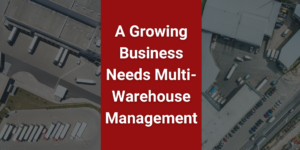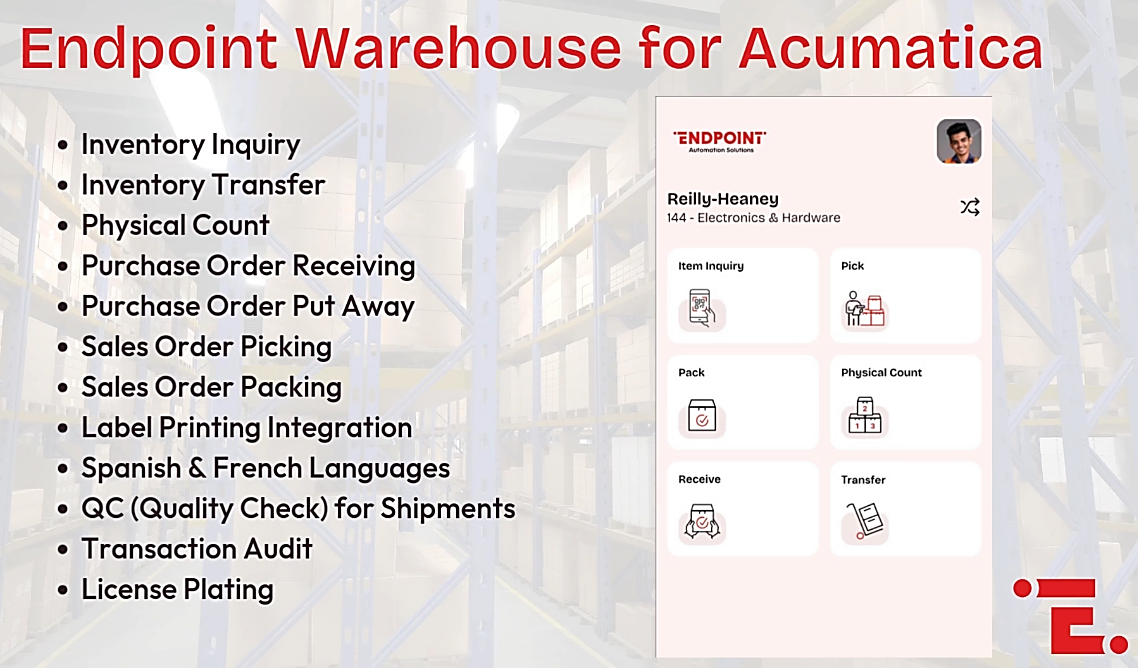March 5th 2025 10:26:27 AM
A Growing Business Needs Multi-Warehouse Management
April 4th 2023 11:00:00 AM
A new business will often start its operation with a single warehouse. Physical counting and tracking of the products that enter and leave the warehouse is a straightforward process most of the time. As the business grows, it must add more locations to meet customer demands. At this point, the company must strongly consider multi-warehouse management to stay competitive. Taking this step has definite advantages, which we will discuss here.
Primary Benefits of Multiple Warehouses

A multi-warehouse strategy works most efficiently when the company has invested in cloud-based technology.
- Faster Shipping to Customers
Customers place orders from one point of contact. The order is shipped from the warehouse closest to the customer’s location instead of a central warehouse. This policy means faster shipping times and reduces shipping costs.
- Lower Carbon Footprint
Reducing your company’s freight time saves the company on shipping costs and lowers its environmental impact.
- Easier to Scale Your Operation
Once you’ve started adding additional warehouses to your operation, it’s easy to continue adding new ones to your network. The more warehouses in the network, the more potential you have for business growth.
- Reduce Risks to Any One Warehouse
Suppose you ship products from a single warehouse. In that case, your company is at risk from COVID lockdowns, natural disasters, or political unrest (depending on the warehouse location). Operating in multiple locations reduces the risk of a complete shutdown due to circumstances beyond your control. If a warehouse runs into trouble, others can ship more products to customers.
More Benefits of Multi-Warehouse Management
Let’s look at the benefits your company will get from multi-warehouse management.
1. Accurate Warehouse Inventory Information
Good multi-warehouse management gives you reliable information about what is stored in each of your warehouses. In an organization with multiple warehouses, it can be tempting for data to be siloed in individual locations.
When multi-warehouse management is applied, your team can see what is in stock in all your warehouses at a glance. There is no need to check information from different warehouses in incompatible systems.
2. Eliminates Common Warehouse Inventory Issues
Since the system tracks all inventory in multiple warehouses, you eliminate the following warehouse inventory issues:
- Lack of inventory
- Mismatched inventory levels
- Missed fulfillment dates
- Overstocks
Each warehouse will store and count items using the same criteria, eliminating confusion when determining the available product. Your team will have transparent and comparable data for each warehouse location.
3. Access to Real-Time Data
Access to real-time data is the most valuable asset your business will gain when you choose multi-warehouse management. All warehouses will be on the same system, and your inventory and distribution systems will run efficiently.
When your team has accurate data, management can monitor inventory quantities and orders in transit. The team can track updates from suppliers, along with changes affecting all the warehouses from a single location.
This feature allows for planning for order volume based on customer needs in various locations. Customers on the US west coast will order summer clothing throughout the summer months. In contrast, customers in the South will likely plan their summer wardrobes in the spring. Some customers may order special event wear in the fall to wear the following summer. If your company carries dresses and outfits for special events, you’ll want to know these buying patterns.
4. Transfer Stock Between Warehouses
Multi-warehouse management gives you a transparent system for insight into available stock levels and order volumes. Suppose an order is received in another area, and that warehouse doesn’t have enough stock. Your team can transfer stock from another warehouse to meet the demand in that case.
As soon as an order is picked, the system is immediately updated to avoid any discrepancies in your records or delays in updating your system.
Scanco OPS for Sage Intacct Has the Capacity to Track Multi-Warehouse Inventory and More
Scanco OPS was developed to allow business owners and managers to track just about anything, including multi-warehouse inventory, in one system. This cloud-based system runs on any browser you use for Sage Intacct.
Customize for your Business. The best part about choosing Scanco OPS for your business is that it is entirely customizable. The names, fields, addresses, dates, etc., can be changed to suit your precise needs. This process is quick and easy.
Eliminate Data Entry. Scanco OPS integrates with Sage Intacct, so your team members don’t have to enter data twice. When employees have to write down inventory with pencil and paper, and someone else has to enter it into your computer system, you run the risk that there will be a few errors.
When this process is automated, it dramatically reduces the likelihood of errors. Your team members can scan barcodes, and the data will be captured and uploaded to your system in real-time.
Do you have multiple warehouses, and you’re looking for a better way to manage your inventory? Is your business growing? Are you considering adding another warehouse to hold your merchandise? Multi-warehouse management doesn’t have to be complicated when you have a plan for viewing your entire stock simultaneously.
To discover more about Scanco’s OPS for Sage Intacct, contact us online or call (330) 645-9959 to make an appointment with a Scanco Solutions Expert today.













